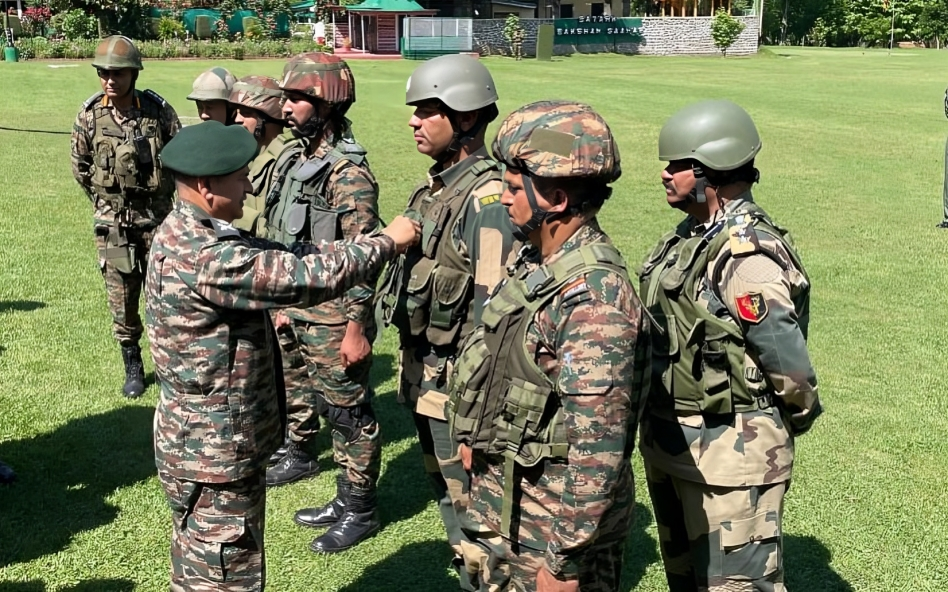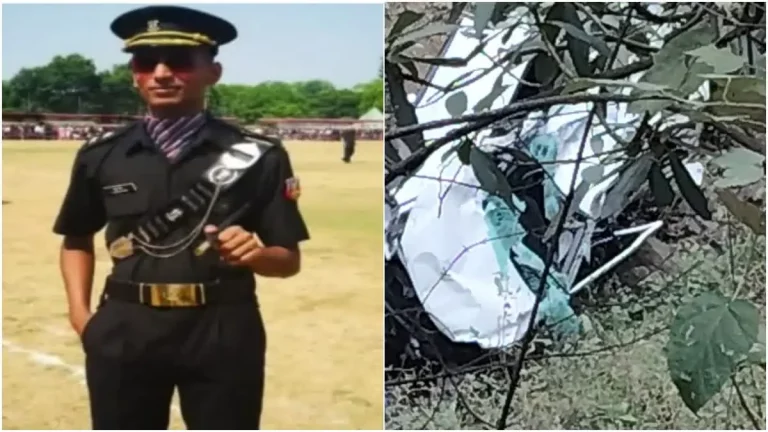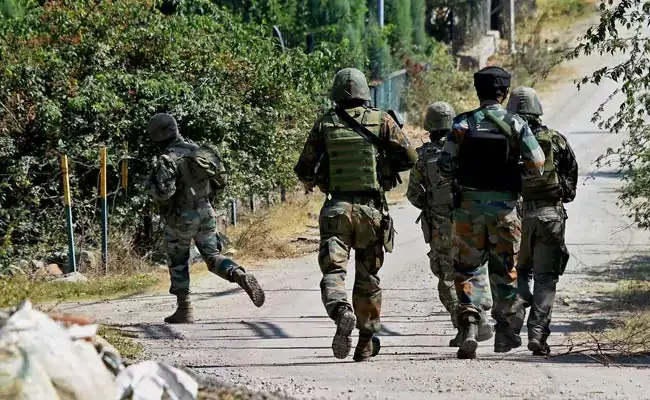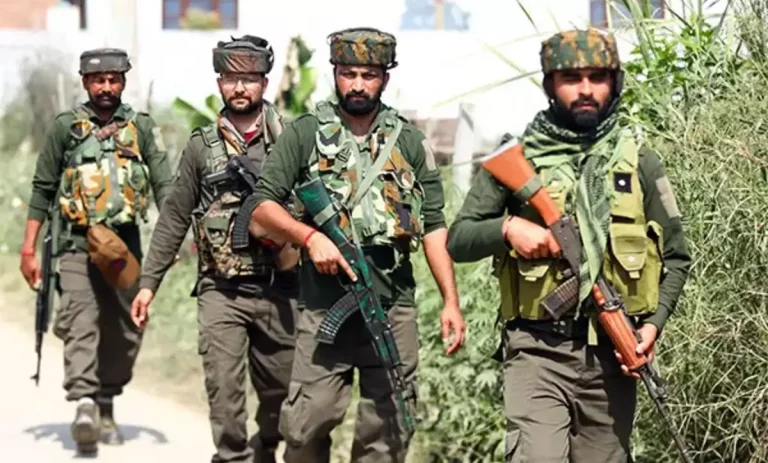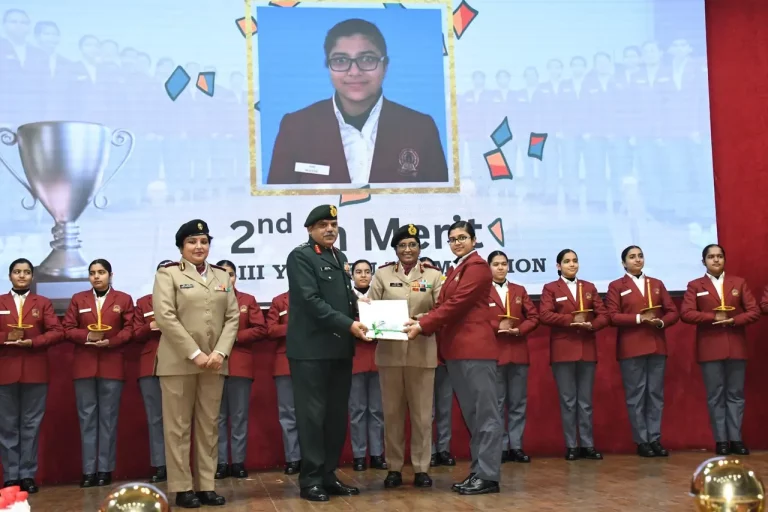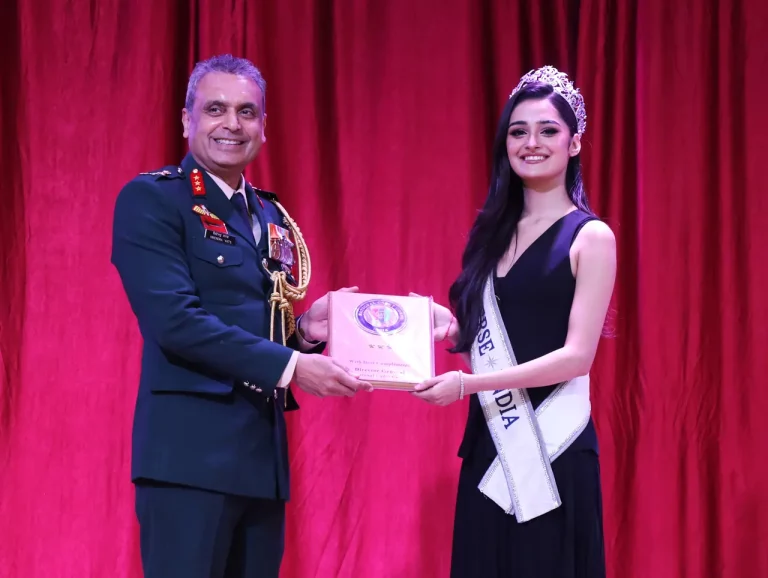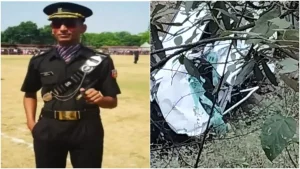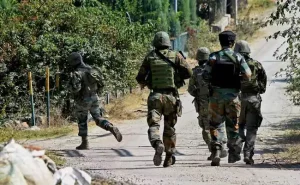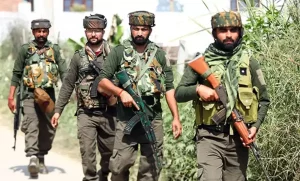In a significant development in India’s counterterrorism efforts, Chief of Army Staff (COAS) General Upendra Dwivedi visited forward positions in Baramulla, Jammu and Kashmir, to commend Indian forces for their exemplary performance during Operation Sindoor. The operation, which commenced on May 7, was initiated in response to the deadly terror attack that occurred on April 22 in Pahalgam, leading to the targeting of terrorist infrastructure across nine locations in Pakistan and Pakistan-occupied Kashmir (PoK). Reports indicate that over 100 militants were neutralized during the operation.
During his visit, General Dwivedi presented the COAS Commendation Disc to Head Constable (GD) Rantana Ram of the Border Security Force’s 185th Battalion in recognition of his remarkable contributions to the mission. The operation highlighted a coordinated effort among the Indian Army, Navy, and Air Force, focusing on dismantling terror hubs linked to groups such as Jaish-e-Mohammed, Lashkar-e-Taiba, and Hizbul Mujahideen.
Among the primary targets of the operation were the Markaz Subhan Allah complex in Bahawalpur and the Syedna Bilal Camp in Muzaffarabad. Defence officials have characterized these strikes as “focused, measured, and non-escalatory,” deliberately avoiding Pakistani military assets to prevent a wider conflict.
General Dwivedi commended both Army and Border Security Force personnel for their maintained dominance along the Line of Control (LoC) and emphasized the need for ongoing vigilance against cross-border threats. His visit followed a strategic review of Operation Sindoor on May 14, which was attended by key military leaders, including Chief of Defence Staff General Anil Chauhan and other senior officers.
The impetus for Operation Sindoor stemmed from the horrific terror strike in Pahalgam that claimed 26 lives, including that of Navy officer Vinay Narwal. The swift and precise Indian response has been viewed as a pivotal moment in the country’s counterterrorism strategy. Jammu and Kashmir Lieutenant Governor Manoj Sinha reinforced that India’s armed forces are committed to pursuing and punishing terrorists wherever they may be hiding.
However, Operation Sindoor has escalated regional tensions, evidenced by recent Pakistani shelling in Poonch, resulting in the deaths of 12 civilians and one Indian soldier. In light of these developments, the Indian government convened an all-party meeting and ordered a nationwide security drill to prepare for potential retaliatory threats. Additionally, a parliamentary panel is investigating the role of misinformation and social media activity in the aftermath of the Pahalgam incident.
Baramulla, historically a crucial battleground in the Kashmir conflict, possesses strategic significance dating back to the tribal invasions of 1947. Operation Sindoor not only reaffirms India’s evolving doctrine on cross-border counterterrorism but also underscores its commitment to neutralizing threats beyond its borders while safeguarding its citizens.
